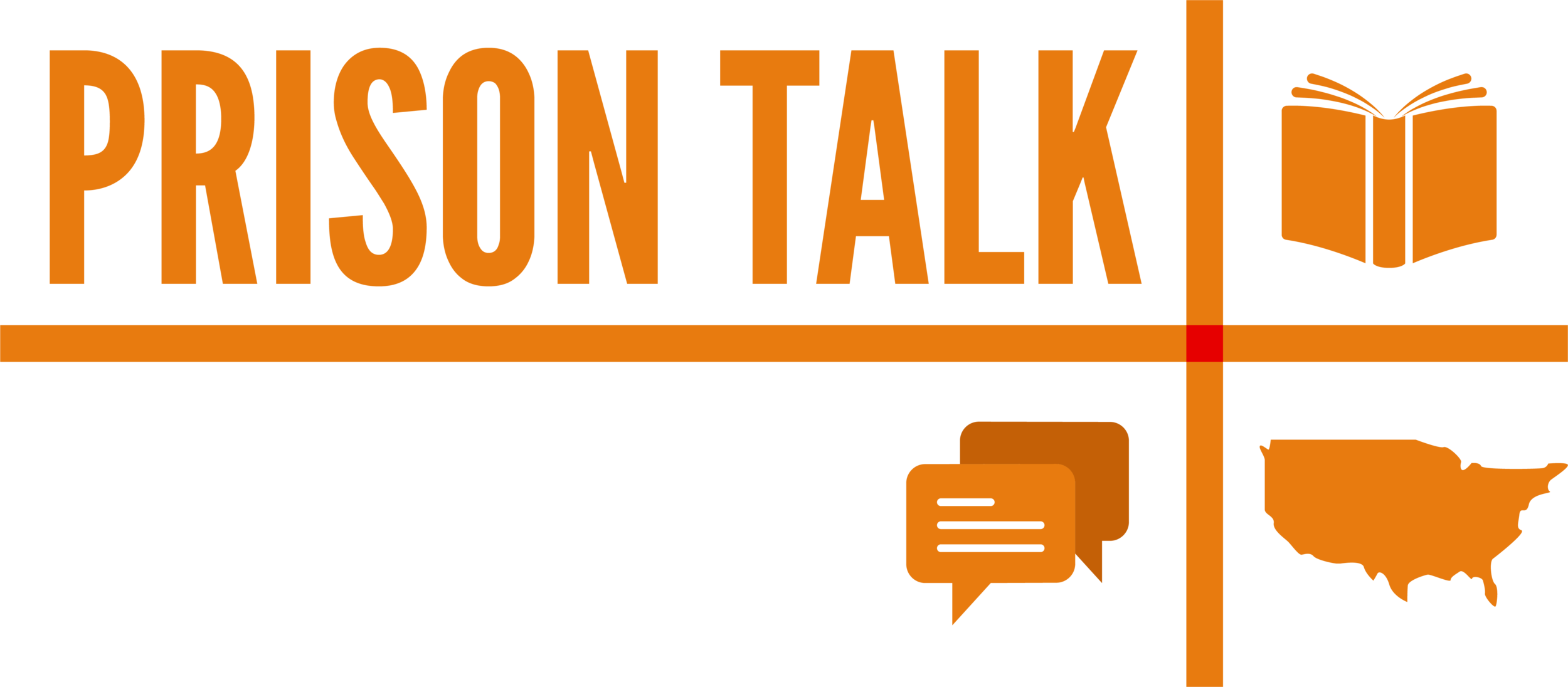A Good Friend
“One of the reasons I sold drugs was so I could send money to my mom in prison,” Tonya said.
Tonya had been attending our Lessons for Life class for eight weeks, but this was the first time she had opened up to say much of anything. She was calm but struggling not to cry.
“When my mom came home from prison, she was angry,” Tonya continued. “She would always be slamming doors and yelling at us kids. We didn’t know what to do. We tried to say and do whatever we could to keep her from exploding, but when she was drunk or high, we couldn’t figure it out.
“I don’t want to be like her,” Tonya said. “When I get out, I don’t want to be that angry person. I want to have purpose. I want to use my time in here to better myself. I don’t want my family to be afraid of me.”
Several things ran through my mind that evening as I listened to Tonya, the most obvious being how she could think selling drugs to give her mom money in prison was a good idea. She didn’t speak of it with remorse either but defensiveness. She thought she was selling drugs for an honorable reason. This didn’t make any sense to me, and I wondered how she could possibly feel this way, then it hit me: most of the inmates in this room probably thought the same as she did.
When we go to the prisons and teach our classes, there are often two perspectives of the material: the non-inmate perspective and the inmate one. Oftentimes these perspectives are fairly far apart. I attribute it to context. Many of the inmates do not have the same context that we have. They have not grown up in healthy families. They have not grown up in healthy neighborhoods. I think we who have not known what they’ve known can sometimes be too quick to judge them for their poor decision-making, when, if we knew all the circumstances of their lives, we might be more sensitive to their outlook. I can’t imagine what it would have been like to be raised by one parent who was often absent, drunk, high, angry, and always selfish.
This is not to say that every person in prison has had this disadvantage. There are many who have grown up in loving, healthy families and still have made poor decisions. However, the statistics lean very strongly toward Tonya’s experience.
To come alongside and help those like Tonya can be challenging. We can’t change their past. But it is also important that we do not fall into the trap of feeling sorry for them. They don’t need pity, they need hope and encouragement. And that is what we endeavor to do. One of the ways we do this is to focus on getting them to think about and plan for their futures.
Jeremiah 29:11 (NLT)
For I know the plans I have for you,” says the Lord. “They are plans for good and not for disaster, to give you a future and a hope.
We introduce them to Christ. We show them that He has a plan for them. We teach them some basics about how to discern His plan. We encourage them on the things they are already doing well. We challenge them to stay the course.
In Tonya’s case, we know she has already been to enough of our classes to hear about the truth of God’s plan. By her own words, we have heard how she wants to change, and how she is taking some good steps toward bettering herself. From here forward our involvement becomes simple: be a good friend.
Since we have been teaching the Lessons for Life course inside the prisons, I feel as though we (me and other volunteers) have been able to be that good friend that they need. We obviously have limitations because of their incarceration, but I’ve noticed that when we extend that gift of friendship, many start to grasp the reality that there is hope beyond their current circumstances, and it is a lot bigger than just getting out of prison.
